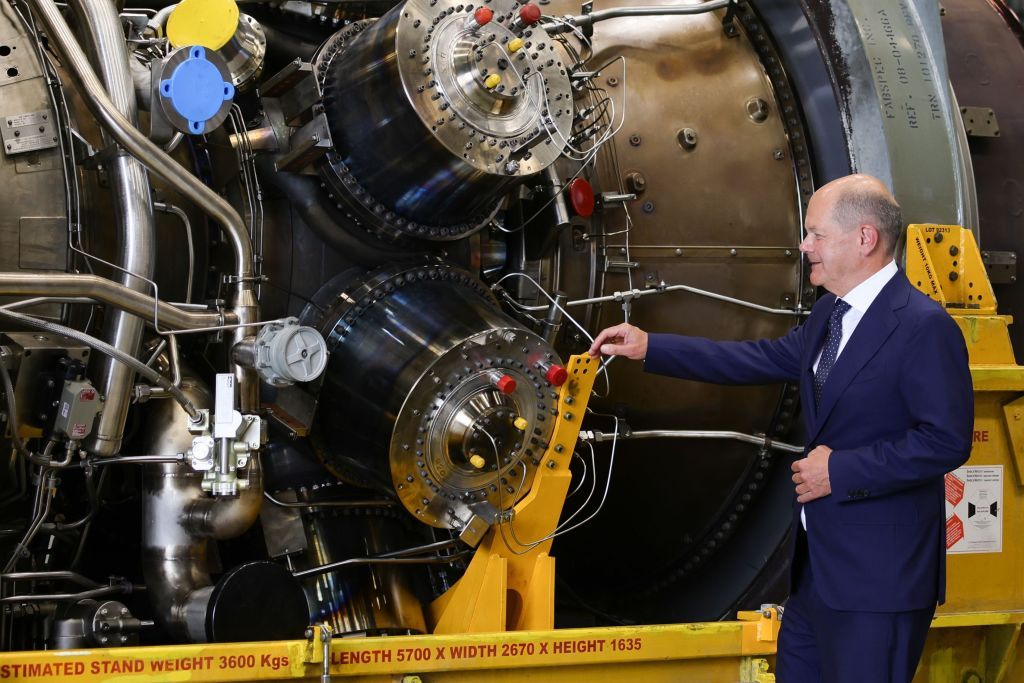Politico: France imports growing levels of Russian LNG

France has paid Russia 600 million euros ($644 million) for liquified natural gas (LNG) imports in just the first three months of 2024, making it the fastest-growing consumer of Russian LNG in the EU, Politico reported on April 11.
While several European countries saw record purchases of Russian LNG in 2023, data from the Center for Research on Energy and Clean Air that showed that Russian LNG deliveries "to France grew more than to any other country in the EU compared to last year," Politico said.
The EU has banned the supply of equipment to Russia for the production of LNG, but there are no EU-wide sanctions on buying LNG from Russia, unlike other Russian fossil fuels.
A key issue is that some European energy companies have long-term contracts with Russian companies, meaning that stopping imports would require paying compensation to Russia.
France also insists that it is "locked into a long-term agreement with Russia that is legally complex to escape," Politico said.
According to Politico, critics argue that Paris' inaction is in part due to resistance from French energy giant TotalEnergies, which has a 20% stake in the Yamal LNG project in Siberia.
"Under a long-term contract, the French firm is forced to keep buying at least 4 million tons of LNG from the facility each year until 2032," Politico said.
Politico cited an Energy Ministry official who argued that it would be pointless to pay for gas that is not imported.
In a similar case, news emerged in October 2023 that a German state-owned company continues to ship Russian LNG to India, as canceling the contract could cost over $10 billion in taxpayer money.
Some countries, such as the U.K., Latvia, and Lithuania, have already stopped buying LNG from Russia, while Finland announced in January that it plans to ban Russian LNG from 2025.
The European Parliament passed a motion on April 11 to allow member states to ban Russian and Belarusian companies from buying capacities in their gas pipelines and LNG terminals, effectively meaning European energy firms could leave contracts with Russian suppliers without paying fees or fines.













